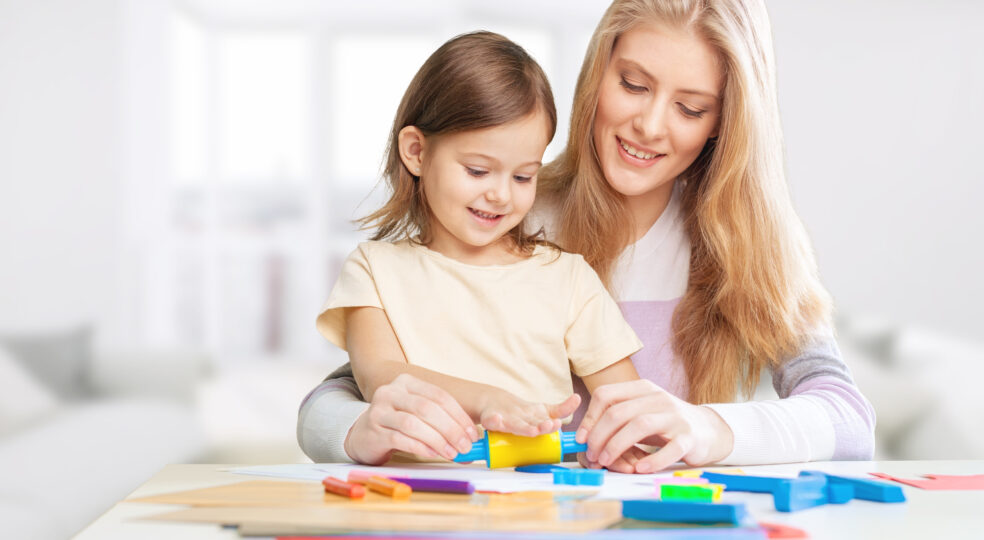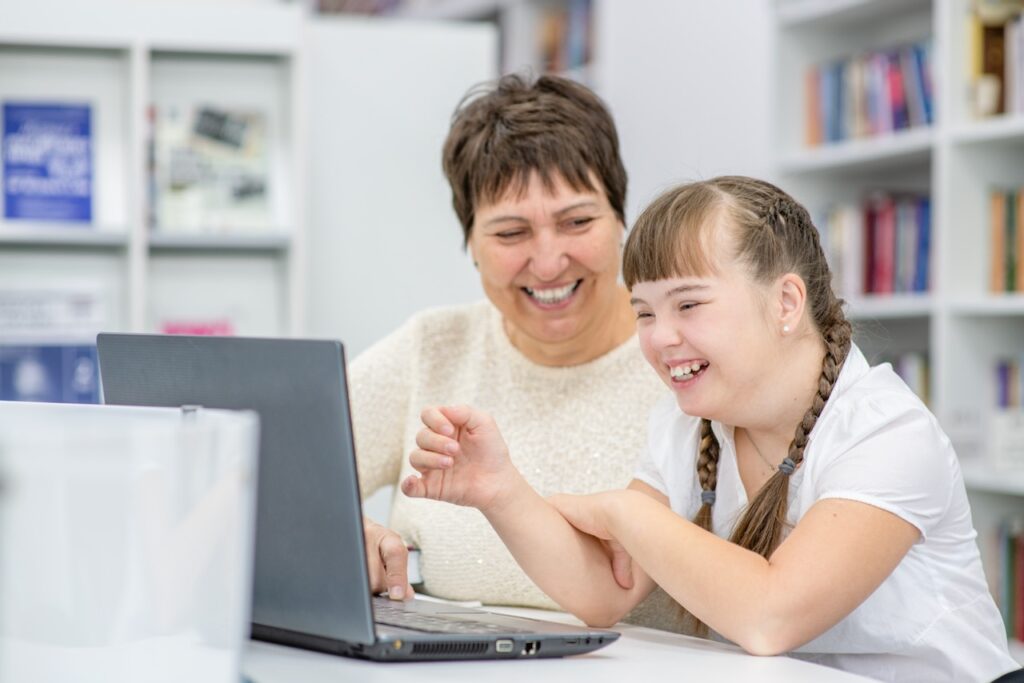
Educator is still one of the most popular professions. No wonder, because working with children can be very fulfilling and inspiring. But what professional and personal skills does an educator need? What tasks are involved in day-to-day work? We would like to take a closer look at the topic of "educator competencies" below.
Skills for educators: What skills do I need to work with children? If you want to pursue a career in education, you've probably already asked yourself this question many times. Basically, the "competencies educator" can be divided into four main competencies:
In addition to the main competencies, which we will discuss in more detail, educators should basically acquire the following skills during their professional training:
Competencies for educator training at a glance:
Depending on the type of facility, further professional or personal qualifications may be required in addition to the above-mentioned skills. In principle, however, it can be stated that simply enjoying working with children is not enough.
An educator is a demanding profession that entails a high degree of responsibility. Unfortunately, this is not always adequately valued in society. This is the result of a Study of the Allensbach Institute for Public Opinion Research.

As an educator you need first and foremost pedagogical expertise. You acquire the latter as part of your training or studies.
This includes, for example, knowledge of developmental psychology, language development, psychomotricity and media education. It is important that you use your theoretical knowledge of the various methods and Parenting Styles you can put into practice.
A sound general knowledge is also of great importance. After all, children are constantly asking questions about all kinds of things in life: Why is the sky blue? Why can't chickens fly? With the help of your methodical competence you get to the bottom of these questions together with the children. To the Methodological competence also include the following skills:
Social skills are sometimes considered the most important competency of an educator. A lack of social skills is an exclusion criterion for taking up the profession. But what skills does social competence actually encompass? Let's summarize this briefly:
As an educator, you must self-explanatorily enjoy interacting with people. After all, your entire professional life consists of interpersonal interaction. Here it is elementary to respond empathetically to the Needs of the individual child as well as address the concerns of the parents. A mature Communication skills (verbal and non-verbal) is essential for this.
Since you serve as a role model for the children, it is important that you know your moral values and represent them to the outside world. Your statements and your actions should always be congruent.
The demanding profession of educator requires various personal competencies. These are:
Many of the skills you learn automatically in your everyday work with children, colleagues and parents. A good example of this is spontaneity: everyday work with children cannot always be planned. That's why it's important that unforeseen events don't throw you off your game. As an educator, you need to be able to react flexibly to spontaneous changes.
Ability to work in a team and Willingness to cooperate are among the most important personal skills of an educator. You will be in constant exchange with your colleagues as well as with parents. It is important to pursue a common line and to find solutions that are coherent for everyone involved. There is no room for power play here.
To support the development of the children individually, you also need a good Perception. In your day-to-day work, you must be able to maintain an overview of the overall situation despite constant distractions.
Reflective competence refers to the ability to reflect on one's own actions and to constantly improve the quality of one's own pedagogical work. Everyone makes mistakes. That is perfectly natural. Competent educators take failures as an opportunity to reflect on ways to improve.
As part of your reflective competence, you think continuously about all aspects of your work: Why am I doing this? Does this action really make sense right now? Where is there potential for improvement?
Reflective competence includes the following areas:
In addition, reflective competence involves a willingness to compromise. This means that you can respond to the suggestions of your colleagues or to those of children and parents without feeling threatened in your position. Reflective competence also includes respecting other people's views and ways of life, even if they do not conform to your own convictions.
The willingness to engage in lifelong learning is also part of your reflective competence. The diverse professional experiences you will have will open up new perspectives for you and require constant further training. This can involve both general learning in your day-to-day professional life and targeted further training.

The tasks that an educator has to perform on a day-to-day basis are varied and go far beyond playing with children. The specific tasks that await you depend largely on the area in which you work as an educator. Educators are not only employed in daycare centers, but can also be found in the following other areas:
In any facility, both organizational and educational skills are required. Basically, however, the following four components play a role:
The pedagogical work includes the care and supervision of the children. This includes building trusting relationships. As an educator, you are an important contact person for the children. One of your most important tasks is to teach them the right values and to support them in case of problems. Through attentive observation, you recognize where there is a need for action.
In addition, you design pedagogically valuable game ideas and implement them together with the children. The aim is to integrate all children into the game and thus into the community in an appropriate way. The implementation of games requires a certain amount of preparation. Sometimes, however, it can simply be spontaneous.
As an educator, you are a fundamental link between the parents and the institution's sponsors. This means that regular feedback meetings are part of your daily work. It is your responsibility to reconcile the sometimes different interests and to look for constructive solutions to problems.
As banal as it may sound, housekeeping activities are part of the educator's job description. Even if most facilities employ cleaners, there is always tidying up to do in the day-to-day work with children.
In addition to cleaning up toys together, you'll certainly have to mop up the odd spilled drink or sweep out sand that a child has carried in under their shoes. Preparing meals may also fall under your purview.
Depending on the age and stage of development of the children, you will be involved in care activities such as feeding and diapering. This is the case in a daycare center, for example, where infants and toddlers are cared for. In addition to care, disabled children also require a special level of attention and support.
Now we've covered the topic of educator skills in detail. You now know what skills you should have if you want to pursue this profession. Conversely, this results in the characteristics that are more of a hindrance.
If you don't like to be around people, the profession of educator is generally not suitable for you. The same applies if you are impatient and easily irritated.
Everyday work with children requires a strong set of nerves. Sometimes it takes a little while for procedures to work. Often you will have to explain certain things several times. Impatience and irritability are counterproductive in this case. As a good educator, even in stressful situations, you need to keep the Keep calm.
The topic of "competencies educator" is exceedingly extensive. Basically, it can be stated that this is a very demanding profession, which, in addition to the necessary professional, social and personal skills, also requires the willingness to Self-reflection as well as for continuous training is required.
You will automatically acquire many of the "educator skills" during your daily work, but you should meet certain personal requirements, such as patience and empathy from the very beginning. Being an educator is an exciting profession that can help you grow personally and develop your skills.

